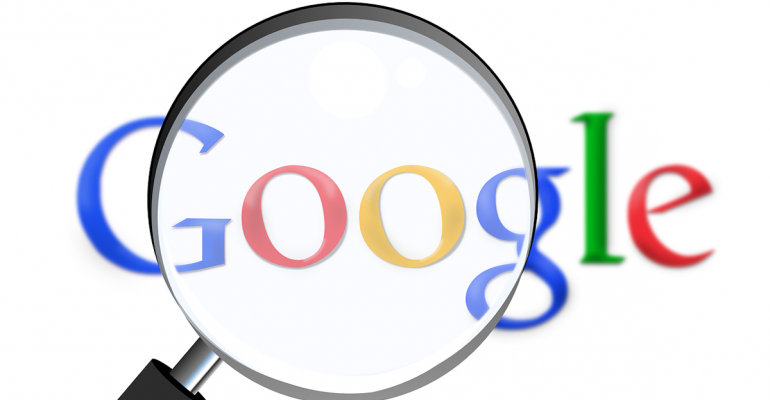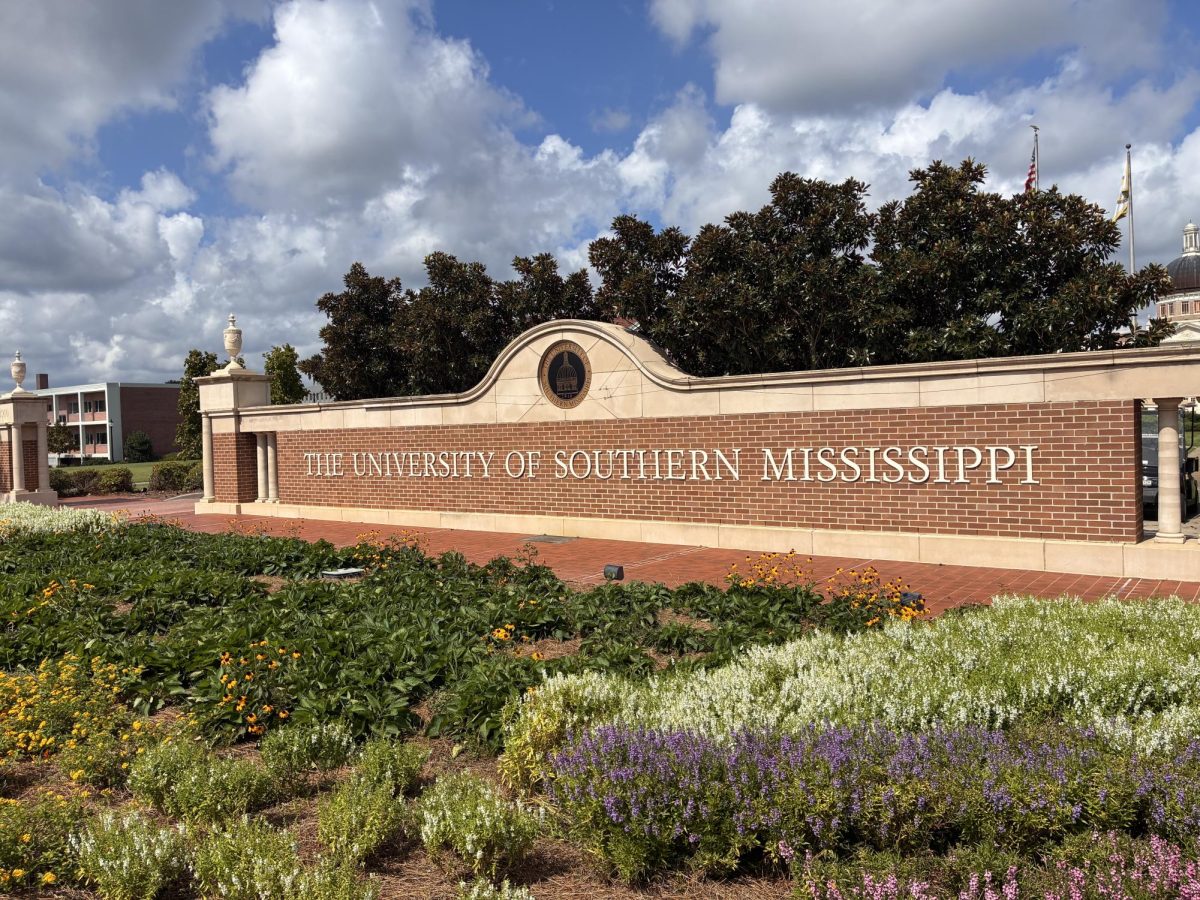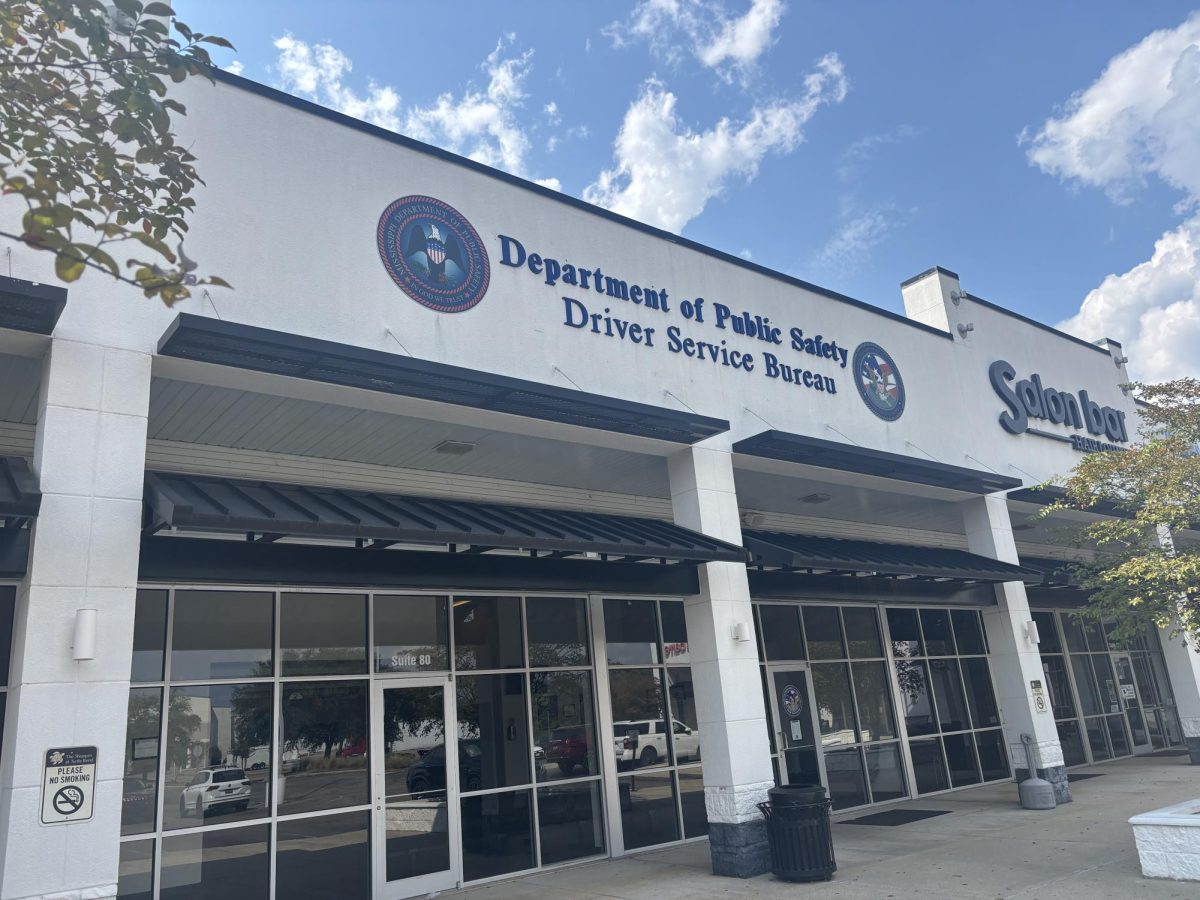Mississippi is attempting to investigate Google in response to Google’s “recent behavior.”
While members of the electronic entertainment industry openly described the investigation as nothing more than “political theater,” 11 other states have joined the investigation pursuit.
The controversy of the situation centers around a subpoena issued by Mississippi Attorney General Jim Hood and whether or not that subpoena should be considered or blocked by law.
Ultimately, Hood claimed that he has the power to examine Google’s behavior and should be allowed to collect evidence against the company before a court intervenes, while Google has claimed that it is immune to such inquiries under the 1996 Communications Decency Act that states Internet companies cannot be liable for third party actions, according to the Hattiesburg American.
The premise of the investigation is primarily focused on whether or not Google is promoting illegal activities through advertisement content and its auto-complete service – suggesting searches such as “how to buy oxycodone.”
States that have followed in support of the investigation include Arizona, Connecticut, Illinois, Kentucky, Maryland, New Hampshire, New Mexico, Oregon, Rhode Island, Vermont and Washington.
Although, according to a brief written by the Kentucky Attorney General Jack Conway, a court victory for Google could ultimately limit the states’ future abilities to conduct investigations and “every attorney general’s ability to protect the public from false, misleading and deceptive business practices by such companies.”
According to the Hattiesburg American, the Digital Citizens Alliance and others filed a brief that says a previous $500 million settlement between Google and the federal government in 2011 should refute any claim that Google cannot be investigated again.
“The justice department could not have reached that half a billion dollar settlement if the courts enjoined the investigation in its infancy out of premature concerns that the investigation would inevitably run afoul of federal law and the Constitution,” the groups said.
However, Google representatives and those in opposition to the investigation also claim the investigation is more than just an attempt to protect Internet-going citizens from specific content.
They suggest it is an opportunity to exercise official powers at the bid of private industries and a “back-door” attempt to implement a previous unpopular anti-privacy bill known as SOPA, which collapsed in 2012.
“For nearly two years, Attorney General Hood pressured Google to remove and censor content that he and Hollywood (don’t) like – even though he lacks the legal authority to do so,” said Google’s general counsel Kent Walker.
“Attorney General Hood’s extraordinary 79-page subpoena is an unjustified assault on free speech and we’re asking the federal court to set it aside. We regret having to take this matter to court, and we are doing so only as a last resort.”
“Hood’s crusade against Google looks and smells like an effort to simply squeeze the billion-dollar (company) to provide some settlement money,” wrote the Natchez-Democrat in a January editorial.
Both sides presented their positions before U.S. District Judge Henry Wingate in Jackson Feb. 13. The results of the court hearing are soon to be released.






























